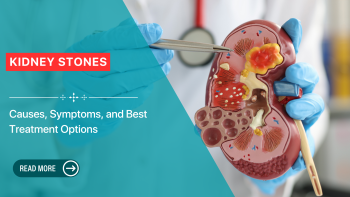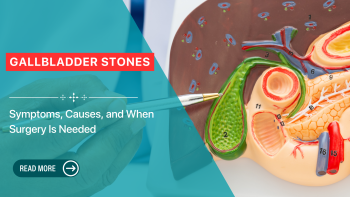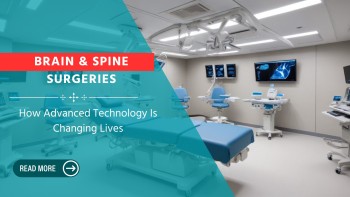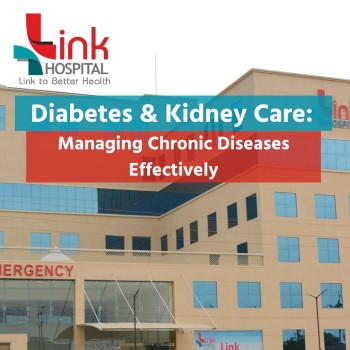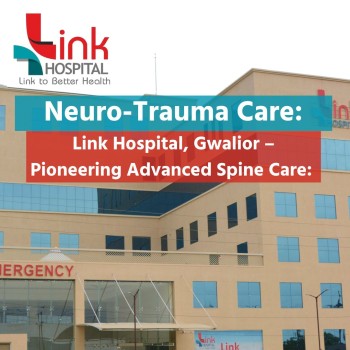World Stroke Day, observed annually on October 29, raises global awareness about stroke—a medical emergency that impacts millions of lives every year. Stroke occurs when blood flow to the brain is interrupted, either by a blood clot (ischemic stroke) or by bleeding in the brain (hemorrhagic stroke), depriving brain tissue of oxygen and nutrients. Without prompt treatment, strokes can lead to severe brain damage, disability, or even death.
Understanding Stroke:
Symptoms and Urgency of Care
Recognizing the signs of a stroke is
crucial for initiating life-saving treatment. The acronym FAST helps in identifying symptoms and responding quickly:
●
F - Face Drooping: One side of the face may
appear drooped or numb.
●
A-Arm Weakness: Difficulty in raising one arm
due to weakness or numbness.
●
S - Speech Difficulty: Slurred or incoherent
speech, difficulty finding words.
● T - Time to Call Emergency Services: Immediate action is vital. Call emergency services without delay.
Other signs may include sudden vision
loss, severe headache, difficulty walking, and loss of balance or coordination.
Immediate medical intervention within the first 3–4.5 hours can significantly
reduce brain damage and improve recovery outcomes.
Risk Factors and
Prevention
Certain risk factors increase the
likelihood of stroke, including hypertension, diabetes, high cholesterol,
smoking, obesity, and a sedentary lifestyle. Prevention is essential, focusing
on:
- Blood Pressure Control: Managing hypertension through medication, diet, and regular
check-ups.
- Diabetes Management:
Keeping blood glucose levels within a healthy range.
- Cholesterol Control:
Regular screenings and dietary changes to reduce cholesterol.
- Healthy Lifestyle: Incorporating regular exercise, balanced nutrition, and smoking
cessation.
Advanced Stroke Care at
Link Hospital
Link
Hospital, Gwalior, is committed to providing
comprehensive, high-quality stroke care, from rapid diagnosis to advanced
treatment options. Our stroke care team includes skilled neurologists,
dedicated ICU staff, and a rehabilitation team, all working together to deliver
immediate, targeted care for stroke patients.
- Thrombolytic Therapy: Our team administers clot-dissolving medications within the critical time window for ischemic stroke patients to restore
blood flow to the brain.
- Neurosurgery and Endovascular Procedures: Our surgeons are trained in thrombectomy
(removal of blood clots) and aneurysm repair to treat complex cases
effectively.
- Post-Stroke
Rehabilitation: Link Hospital offers a structured
rehabilitation program that includes physiotherapy, occupational therapy,
and speech therapy to support patients in regaining independence and
quality of life.
Why Choose Link Hospital?
●
Expert Stroke Team: Our neurology and critical
care specialists are experienced in managing strokes with precision and care.
●
24/7 Emergency Services: Link Hospital’s
emergency team and ICU facilities are fully equipped to handle stroke cases
round-the-clock.
● Comprehensive Post-Care: With structured rehabilitation, we offer integrated support to help patients achieve the best possible recovery outcomes.
On World Stroke Day, take charge of your health. Recognise stroke symptoms, manage risk factors, and know where to seek help. If you or a loved one experiences stroke symptoms, trust Link Hospital, Gwalior for immediate, expert care. Schedule a check-up or visit us to learn about our stroke prevention and care services.
